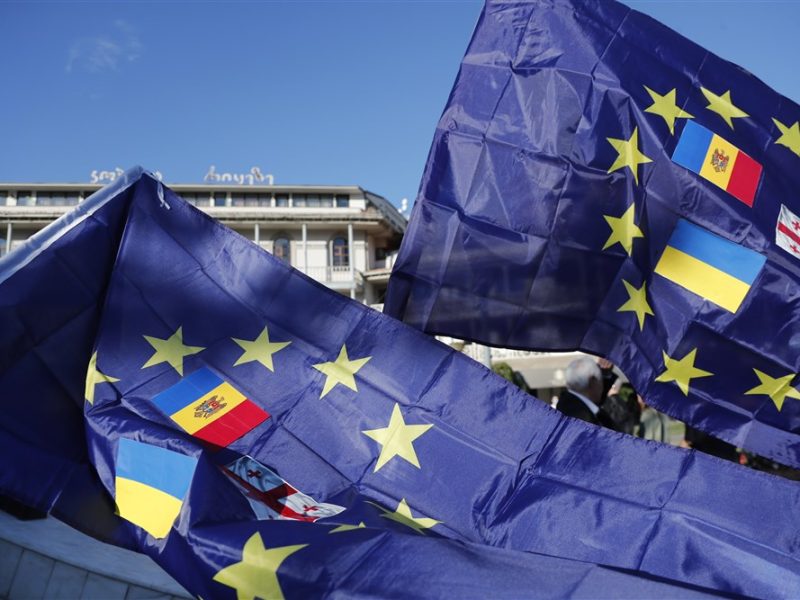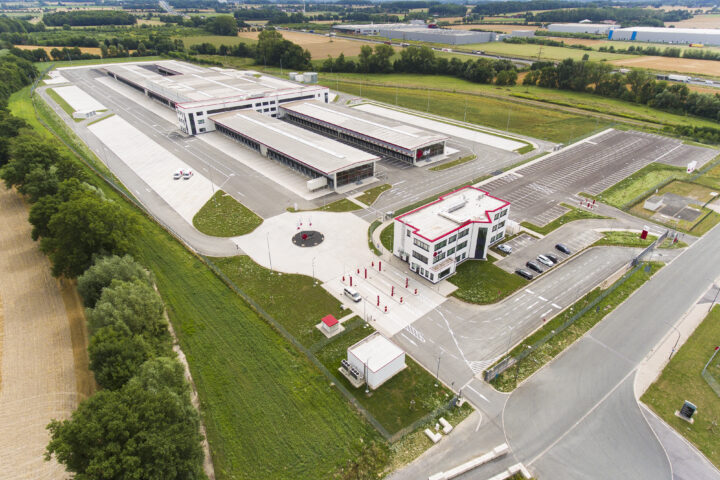The European Union has intensified its efforts to counter hybrid destabilization campaigns in its eastern neighborhood, imposing new sanctions on pro-Russian actors in Moldova and warning Georgia of a possible suspension of its visa-free regime unless it recommits to democratic standards.
Expanded sanctions on Moldova-linked actors
On 15 July 2025, the EU Council imposed restrictive measures on seven individuals and three entities for actions aimed at undermining the sovereignty, democracy, and rule of law in Moldova. The latest designations bring the total number of sanctioned Moldovan-linked individuals to 23 and entities to five.
The new sanctions target close associates of fugitive oligarch Ilan Shor, who is already under EU measures for illicit political financing and inciting violence. Among those blacklisted are members and leaders of successor groups to the banned ȘOR Party, accused of voter bribery during the 2024 presidential election and EU referendum.
The political bloc “Victory,” created by Shor and accused of orchestrating disinformation and vote-buying, has also been sanctioned. Additionally, the EU listed a company named A7 for alleged ties to Russia and involvement in election manipulation. A Moscow-based “Moldova Cultural-Educational Center,” believed to have coordinated voter transportation during the 2024 vote, was also included.
Georgia warned over democratic backsliding
Also on 15 July, the EU sent a formal letter to the Georgian government demanding the restoration of the rule of law and the review of harsh sentences against opposition members. The warning sets a deadline of 31 August 2025 for compliance, or the EU may suspend Georgia’s visa-free travel arrangement due to what it called a “serious rollback in democratic progress.”
This marks a sharp escalation in Brussels’ concerns over Georgia’s domestic trajectory, particularly under the ruling Georgian Dream party, which has been accused of consolidating power and drifting away from pro-European commitments. The EU has previously debated imposing sanctions on Georgian leaders, though those efforts have been blocked by governments in Hungary and Slovakia.
Strategic implications for EU enlargement and security
These moves underscore the EU’s growing recognition that Russia’s confrontation with the West extends beyond Ukraine and includes a broader campaign to destabilize former Soviet states seeking closer ties with the EU.
Moldova and Ukraine remain in a joint negotiation track for EU accession. However, the democratic regression in Georgia has led to its removal from that group. The outcome of Moldova’s upcoming parliamentary elections on 28 September is now seen as pivotal—not only for the country’s European path but also for Ukraine’s, given the interlinked nature of their accession processes.
While Hungary’s government under Viktor Orbán continues to block the launch of the first negotiation cluster with Moldova and Ukraine—reportedly in exchange for economic and energy concessions from Moscow—Brussels appears increasingly willing to act decisively in support of democratic forces in the region.
A return of Moldova or Georgia to the Kremlin’s sphere of influence would not only stall their EU integration but signal a strategic defeat for Western democracies in the ongoing hybrid conflict with an emerging authoritarian axis of Russia, China, North Korea, and Iran.















